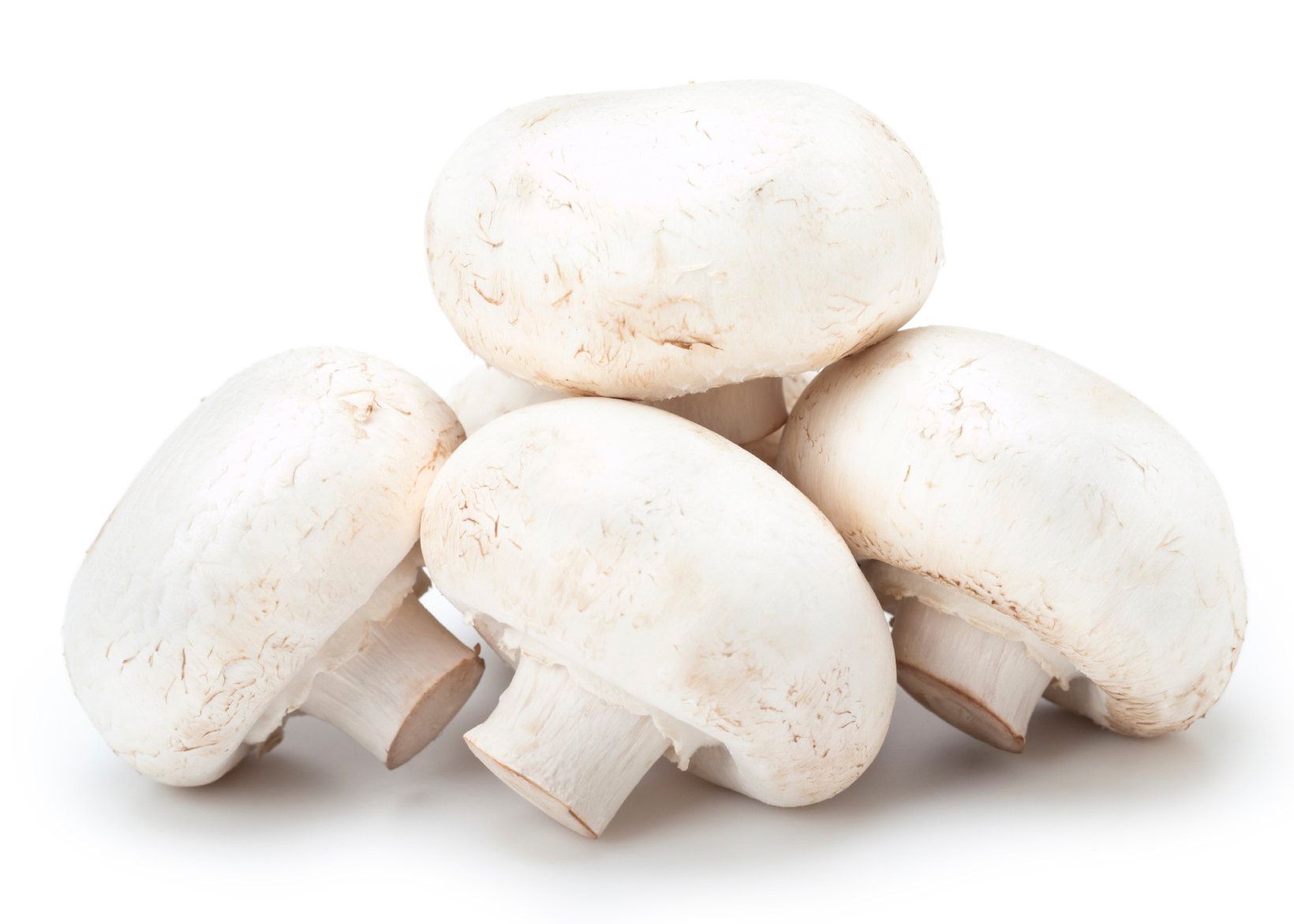Mushrooms Have Vitamin D, and Multiple Forms of It
Boston University research sheds new light on the bioavailability of vitamin D from mushrooms.

By Robby Gardner, Associate Editor
A team of Boston University researchers says that mushrooms, when exposed to ultraviolet (UV) light, are a plentiful human food source of vitamin D. Their conclusions, however, just published in the journal Dermato-Endocrinology, contradict some recent studies.
There's a debate over bioavailability of mushroom vitamin D, and it relates primarily to the form of vitamin D in mushrooms, called vitamin D2 (ergocalciferol). Past studies conclude that this form isn’t as bioavailable to humans as animal-based vitamin D3 (cholecalciferol), which is why most commercial dietary supplements contain the latter. Despite the argument, some mushroom farmers irradiate their product with UV to increase vitamin D levels. Mushrooms such as white button (Agaricus bisporus) contain negligible amounts of vitamin D when they grow in darkness; but, place them under UV light, and they become abundant vitamin D sources.
In a randomized, placebo-controlled trial, researchers assigned 30 adults to consume daily capsules containing 2000 IU of white button mushroom extract, vitamin D2, or vitamin D3 for three months during winter. The researchers measured blood samples for 25-hydroxyvitamin D, a most common marker for human vitamin D levels. At baseline and the end of the study, vitamin D levels were not statistically different in either group.
In jointly-published research, the Boston University team analyzed UV-exposed extracts of crimini, oyster, portabella, shiitake, white button mushrooms, and white button mushroom powder. They found that, beyond presence of vitamin D2 precursors in all mushrooms, UV-exposed oyster, white botton, and shiitake also exhibited vitamin D3 precursors. Shiitake even contained a precursor for vitamin D4.
“It had always been assumed that UV irradiated mushrooms were only capable of producing vitamin D2,” wrote the researchers. “Our study confirms that some mushrooms do contain provitamin D4, and we now also report that shiitake mushrooms contain 7-DHC. Therefore, during UV irradiation, some mushrooms are capable of producing vitamin D2, vitamin D3, and vitamin D4.”
Despite these findings, a nonprofit organization called The Vitamin D Council still encourages dietary supplementation with vitamin D3 over vitamin D2.
Monterey Mushrooms Inc. provided mushrooms for the study.

